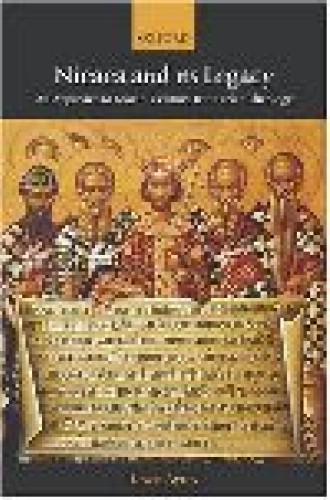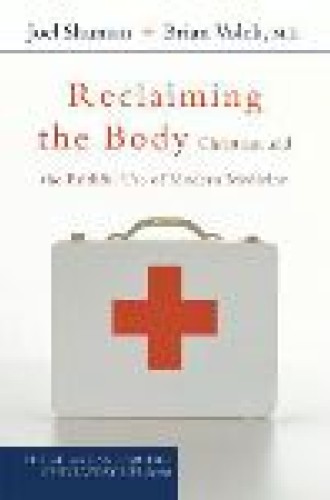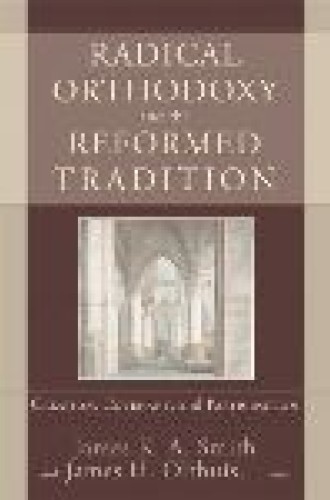BookMarks
Ayres’s book is ambitious. Not content to write the first history of the great trinitarian debates that eschews use of the description “Arian” or “semi-Arian” (slurs used by pro-Nicene theologians that confuse more than they clarify), he argues that much contemporary trinitarian theology fails to attend well to its fourth-century sources. For Ayres, the trinitarian debates were less about whether Jesus is God and more about what the meaning of God is.
Shuman, a theologian who writes about medicine with a Hauerwasian accent, and Volck, a pediatrician who reads Hebrew and publishes poetry, cooperate in an accessible volume that seeks to rework how Christians think about their engagement with medicine. They want Christians to consider not only the individual bodies that they present to the doctor for repair, but also the corporate body of Christ, which for Christians is not less important than its individual members. Rather than a case-study approach to ethical conundrums, this is a series of stories about what it might mean to practice “medicine as if God mattered.”
Whatever one’s opinion of the Radical Orthodoxy movement, it is worth engaging. Especially noteworthy is John Milbank’s essay on Calvin and the Reformed tradition, which ranges from the relationship between racism and the doctrine of election to Christianity’s potential to have a monotheism transcendent enough to include other gods. The Reformed theologians assembled here are precisely the ones to press Milbank on these and other points. The book is a model for the way ecumenical conversation can be both sharply critical and mutually enriching. The only pity is that Radical Orthodox figures other than Milbank and Graham Ward are not included.







